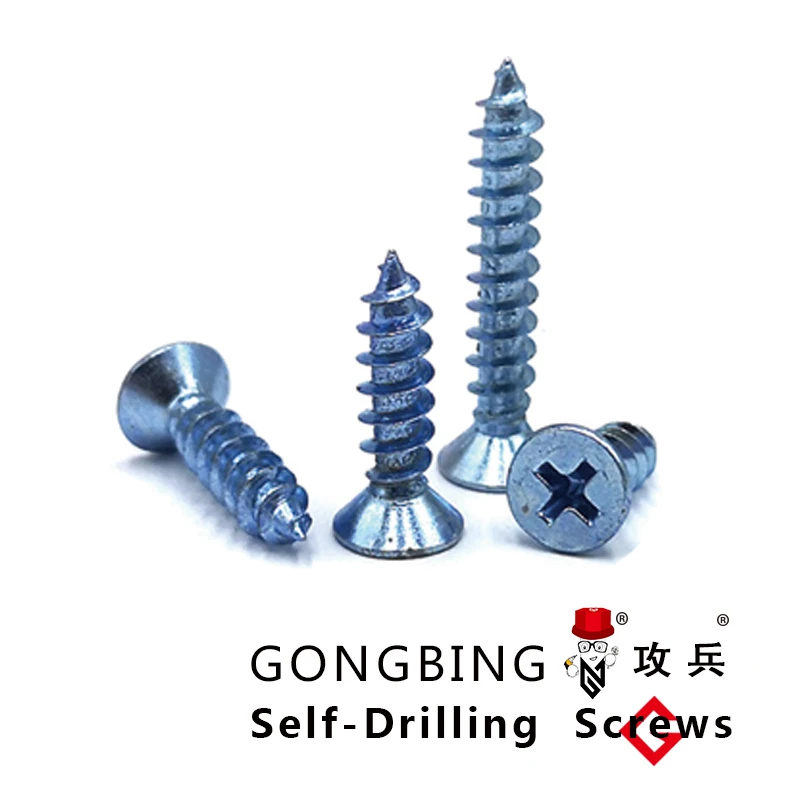chemset bolts
The Evolution and Importance of Chemset Bolts in Modern Construction
In the realm of construction and engineering, the integrity and durability of a structure depend significantly on the quality of its fastening components. Among these components, chemset bolts have emerged as a vital innovation, offering unparalleled strength and reliability in various applications. This article delves into the specifics of chemset bolts, their advantages, applications, and their growing prominence in the construction industry.
What Are Chemset Bolts?
Chemset bolts, also known as chemical anchors or epoxy bolts, are fasteners that utilize a chemical anchoring system to bond with the base material—typically concrete or masonry. Unlike traditional mechanical fasteners that rely solely on friction, chemset bolts incorporate the use of a resin or adhesive that cures and hardens, creating a strong bond between the bolt and the substrate. This method not only enhances the load-bearing capacity of the bolt but also provides increased resistance to environmental factors such as moisture, temperature fluctuations, and chemical exposure.
Advantages of Chemset Bolts
1. High Load Capacity One of the most significant advantages of chemset bolts is their ability to withstand heavy loads. The chemical bond formed during the curing process allows these bolts to bear greater stress compared to standard mechanical anchors.
2. Versatility Chemset bolts can be used in a variety of applications, from securing structural steel to anchoring machinery and equipment. Their adaptability makes them suitable for both internal and external environments.
3. Corrosion Resistance The chemical coating on these bolts provides an additional layer of protection against corrosion, making them ideal for use in harsh environments or where exposure to moisture is likely.
4. Ease of Installation Installing chemset bolts is a relatively straightforward process. They can be inserted into pre-drilled holes, and the chemical compound fills any gaps, ensuring a secure fit. This can lead to reduced labor costs and time on site, ultimately leading to more efficient project completion.
5. Minimal Vibration Sensitivity Chemset bolts are less prone to loosening caused by vibrations compared to traditional mechanical fasteners. This property is particularly beneficial in applications such as bridge construction or heavy machinery installation.
chemset bolts

Applications of Chemset Bolts
Chemset bolts have found a wide range of applications across various industries
- Construction and Civil Engineering Chemset bolts are extensively used in high-rise buildings, bridges, and tunnels, where structural integrity is paramount. They provide stable anchoring solutions for beams, columns, and other critical structural components.
- Mechanical and Electrical Engineering In factories and industrial settings, chemset bolts secure equipment and machinery to concrete floors, ensuring safety and stability during operation.
- Telecommunications The telecommunications industry utilizes chemset bolts for mounting communication towers and antennas, where durability and resistance to environmental conditions are essential.
- Renewable Energy With the rise of renewable energy projects, chemset bolts are increasingly employed in wind turbine installations and solar panel mounting systems, where strong, reliable anchors are crucial.
Future Prospects
As the construction industry continues to evolve, the demand for high-performance fastening solutions like chemset bolts is likely to increase. Innovations in materials science may lead to even stronger adhesives and resins, further enhancing the capabilities of chemset bolts. Additionally, as sustainability becomes a key focus in construction, manufacturers may develop eco-friendly chemset options that reduce environmental impact without compromising performance.
In conclusion, chemset bolts represent a significant advancement in fastening technology, offering numerous advantages that cater to the demands of modern construction and engineering. Their high load capacity, versatility, and resistance to environmental factors position them as a preferred choice for a wide array of applications. As the industry evolves, the continued adoption and enhancement of chemset bolts will undoubtedly play a crucial role in the future of construction practices, ensuring safer and more durable structures for generations to come.
-
Weatherproof Plastic Expansion Anchors for OutdoorNewsJun.06,2025
-
Sustainability in the Supply Chain: Eco-Friendly TEK Screws ProductionNewsJun.06,2025
-
Load-Bearing Capacity of External Insulation FixingsNewsJun.06,2025
-
Double Head Bolts: Enhancing Efficiency in Industrial MachineryNewsJun.06,2025
-
Corrosion Resistance in Chipboard Screws: Coatings for Wholesale DurabilityNewsJun.06,2025
-
Butterfly Toggle Bolts : Enhancing Structural ResilienceNewsJun.06,2025
